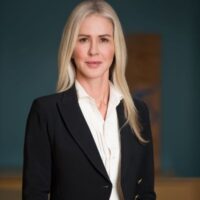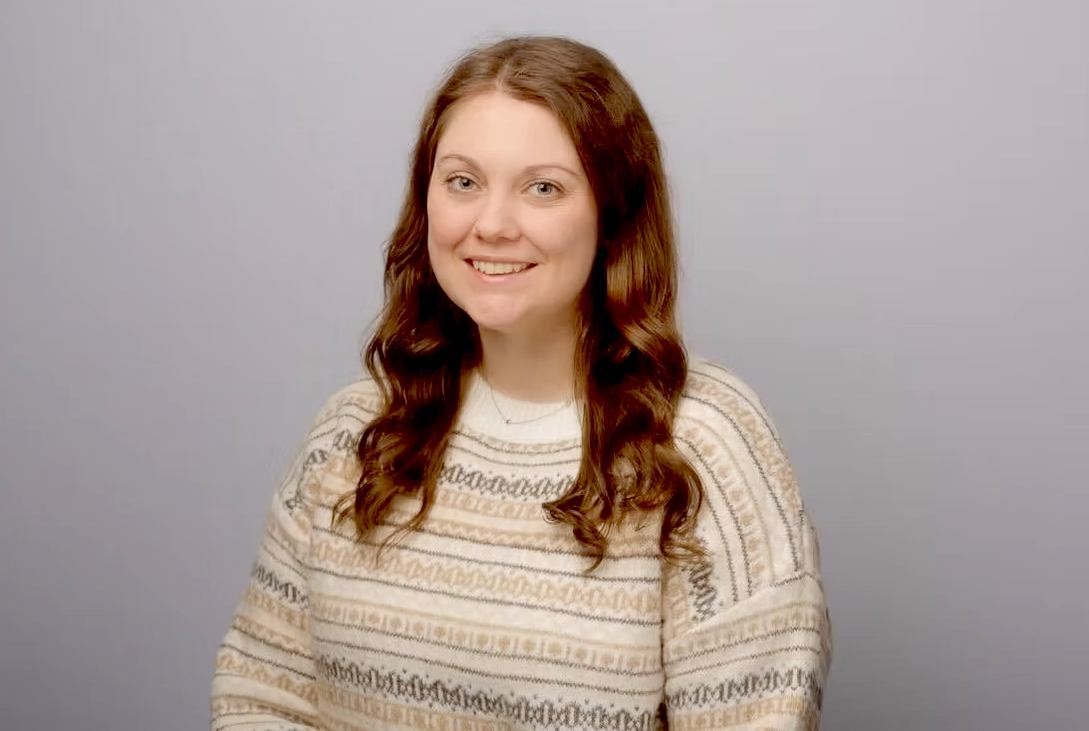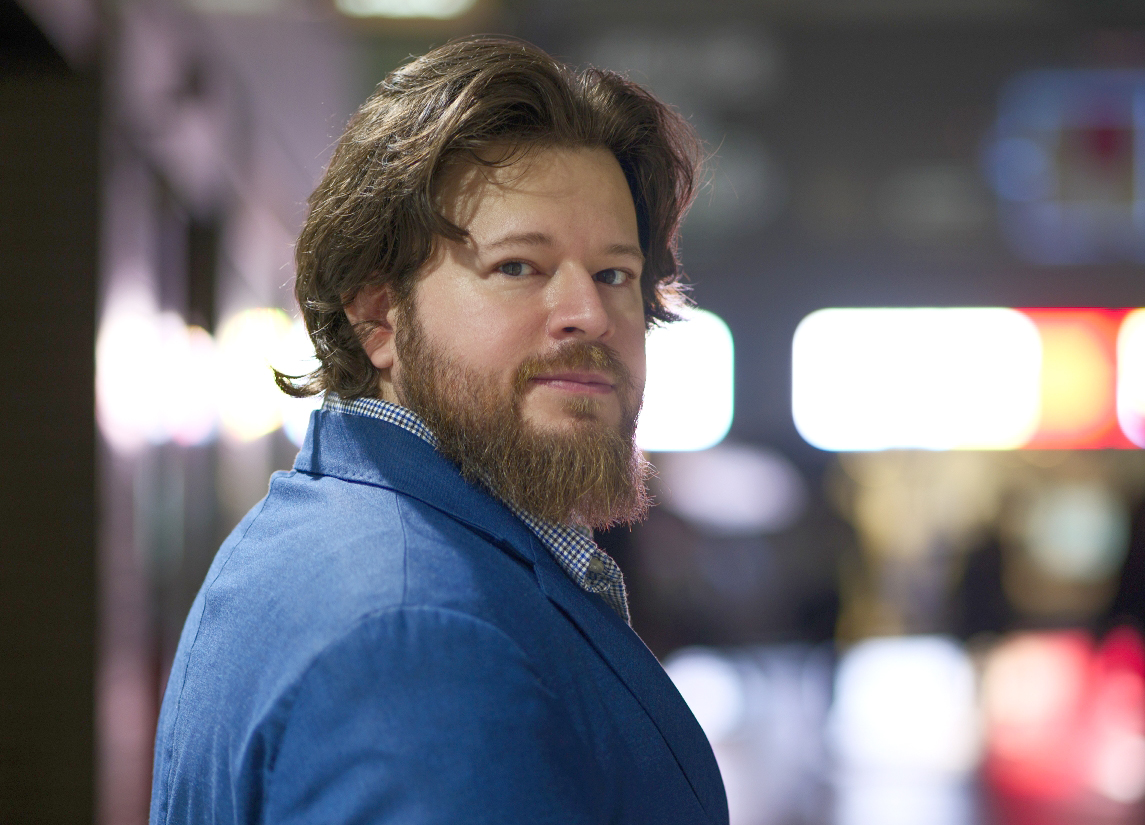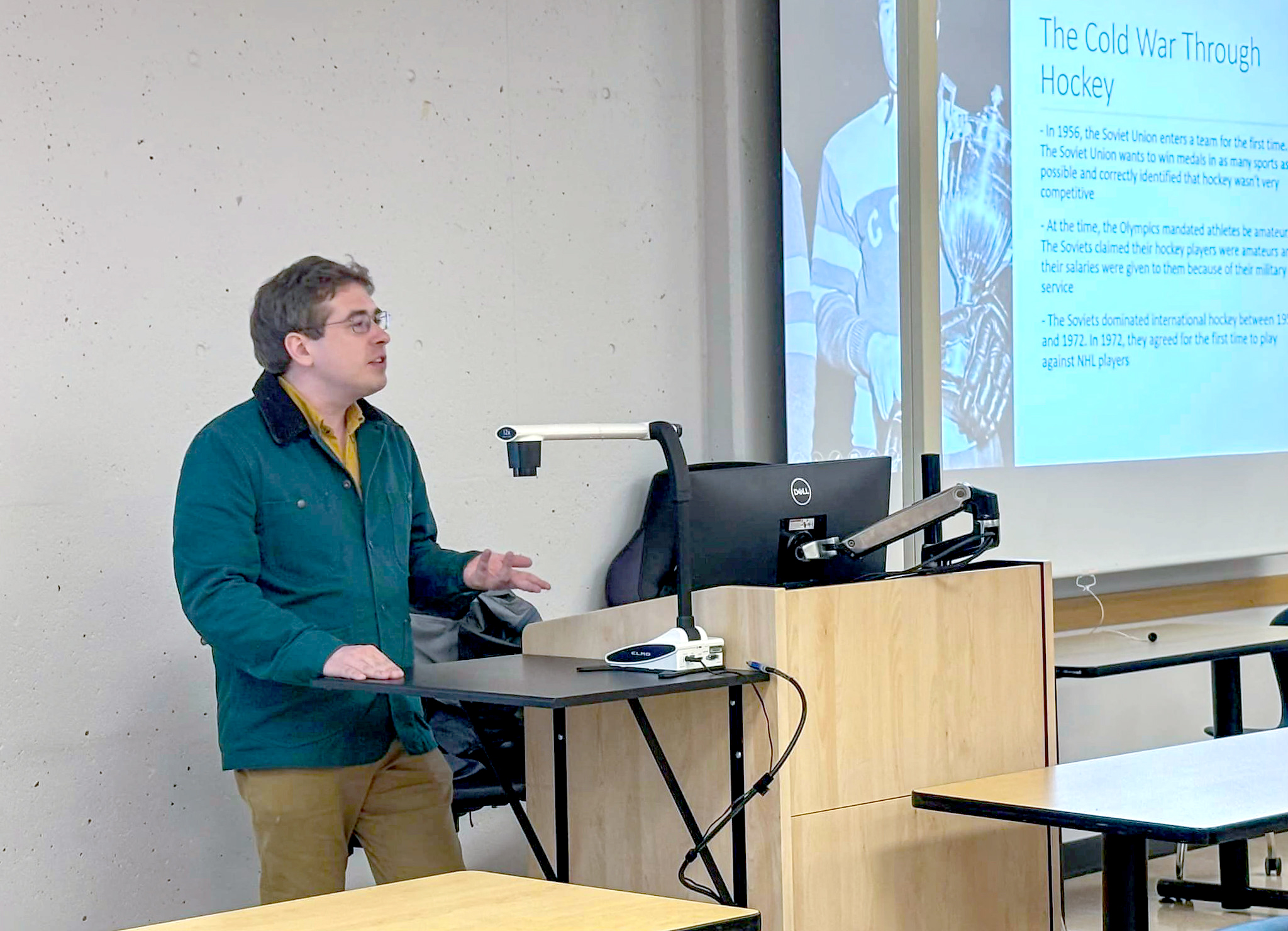Honorary degree 2025: For Susannah Pierce, finding passion in career and causes is key
 Susannah Pierce didn’t plan to go into the energy industry. But her path took her that way and she thrived, both professionally and as a leader passionate about mentorship and social causes.
Susannah Pierce didn’t plan to go into the energy industry. But her path took her that way and she thrived, both professionally and as a leader passionate about mentorship and social causes.
In recognition of her accomplishments in the business world and her dedication to empowering the next generation, particularly young women, Susannah will receive an honorary Doctor of Laws degree from the University of the Fraser Valley at its afternoon Convocation ceremony on June 12 at 2:30 pm in the UFV Athletic Centre.
“I definitely didn’t move in a straight line,” Suzannah says when reflecting on her life’s journey after growing up in Calgary. “I followed a path that allowed for me to discover what I was good at and what I am not, what I enjoyed doing, and what I did not.”
At first, she had no particular interest in the energy industry despite growing up in Alberta. At 18, taking advice from her father, she moved south to the United States. “My dad said that if you want to be in business, it is important to know your largest trading partner. So, I landed in Washington DC.”
She attended the George Washington University for her undergraduate studies and then earned a graduate degree in international relations from Johns Hopkins School of Advanced International Studies with a focus on energy, environment, science, and technology.
She ended up in working in technology as a business analyst implementing software solutions for Fortune 500 companies.
Susannah soon found herself drawn into the energy industry.
In the mid-1990s, at the time of the Kyoto Agreement, Susannah learned about the emerging need to bring environmentally friendly technology into the energy sector.
“During grad school, I took a sabbatical to Chile where I worked at a company that was building the first natural gas combined-cycle gas plant to replace a coal plant and clean up the air in the city of Santiago.”
As Director of Corporate Affairs LNG Canada (a conglomerate of international energy companies), she earned a solid reputation for facilitating the largest private sector investment in Canadian history. She prioritized relationship-building and saw the need to understand the unique dynamics between communities, governments, First Nations, and businesses.
Susannah most recently served as Shell Canada Limited’s president and the country chair (until March 2025) as well as vice-president of Emerging Energy Solutions for Canada. It was not always an easy climb. Not many women have risen to the highest levels in the energy industry.
“There were certainly moments when I know I was looked down upon,” she says. “I wasn’t an engineer; people thought by gender or appearances I didn’t deserve to be where I was. But ultimately, the industry is changing and some of my biggest supporters have been men.”
While she was building her own career, she took time along the way to be a mentor for young women and men and to support organizations connected to women and youth.
“Part of my job is to enable the next level and next generation to do better, reach higher, improve what the previous leadership team did before them.”
One issue that affected her deeply was human trafficking, which she became more aware of in recent years.
“I didn’t think it was an issue in Canada,” she says, “but when I realized it was and that it was the one of the fastest growing crimes in Canada, I had to do something about it.”
Trafficking disproportionately impacts Indigenous women and girls, and Susannah’s awareness of the issue increased at the time of the release of the Missing and Murdered Indigenous Women and Girls (MMIWG) report in 2019. “I began to learn more about the many groups that are already working on it, including the leadership of provinces like Alberta, Ontario, and British Columbia.”
Along with former Lieutenant Governor Janet Austin, Susannah founded the BC Network for the Prevention of Human Trafficking, a group connecting corporations with many nonprofit organizations in the province. “In the first year we produced a report that maps the gaps and opportunities for greater efforts to address the issue in the province,” she says. “We are now in the second year, and I will be taking on more leadership as the need for action is only getting greater.”
Susannah has five life lessons for UFV’s newest graduates:
“Own your own life story with compassion. And I mean. all of it, the good, the bad and the ugly. It is one of the most courageous things we can do but is the most important way to build a life that reflects who you are, no one else.
“Know what’s important to you and in what order — develop your personal compass. How will you make decisions when it comes to your work, your family, other important parts of your life like things you like outside of work — things like sports, faith, and community?
“Honour the five pillars of wellbeing: diet/nutrition, rest, movement, relationships, and spirituality.
“Remember humanity. Every day, do something nice for someone else, whether it’s a friend, family member, or a stranger. It’s contagious.”
And she stresses the importance of pushing one’s limits.
“Test yourself, gather experience by stretching yourself so you begin to know not only what you are good at but what you enjoy doing. It’s truly learning by doing, taking measured risks, and being fully prepared to make mistakes. And it’s important to be compassionate with yourself when you do, learning from mistakes and moving forward.”





